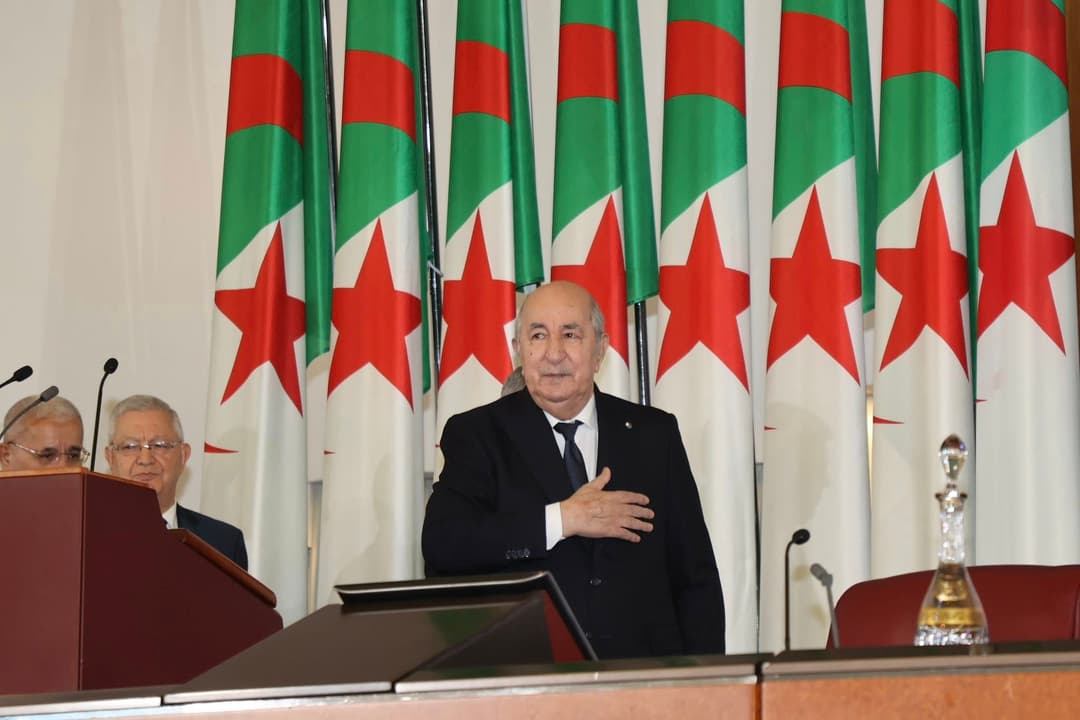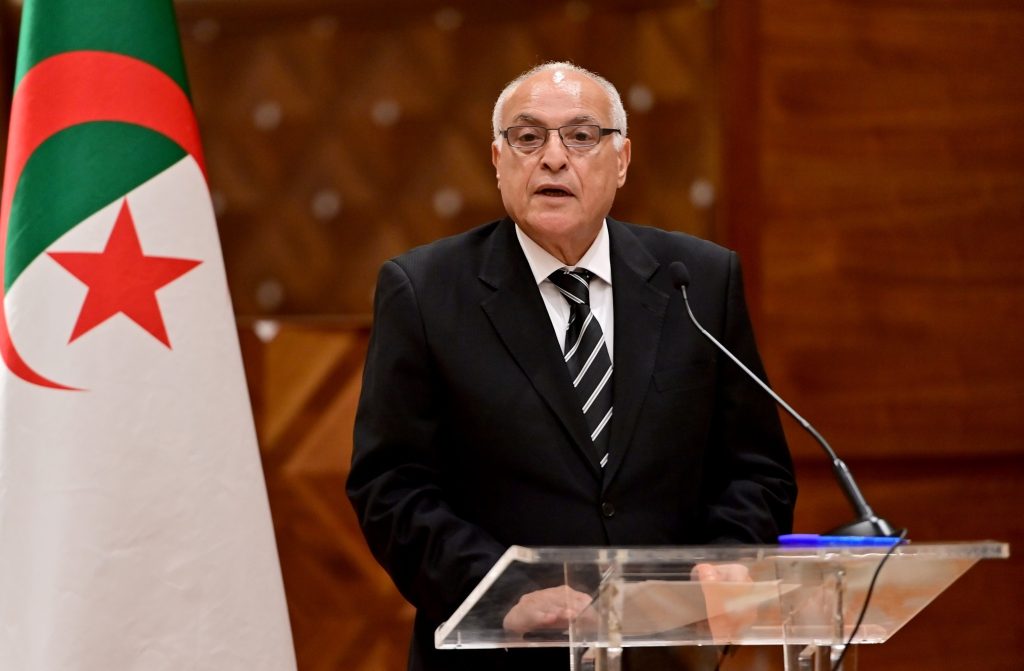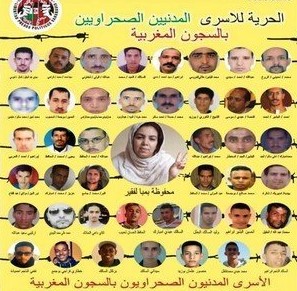New York (United Nations), 12 June 2025 (SPS) – During the proceedings of the UN Special Committee on Decolonization (C-24), several Latin American and Caribbean countries called for expediting the Sahrawi people’s right to self-determination and ending the occupation of Africa’s last colony.
The representative of Venezuela reaffirmed his country’s support for decolonizing Western Sahara, its unwavering stance on the Sahrawi issue, and its strong solidarity with the Sahrawi people in their just struggle to exercise their inalienable right to self-determination under international law and the UN Charter.
The Venezuelan delegate expressed regret that the Sahrawi people have yet to exercise their right to self-determination "due to the complete failure to comply with the mandate entrusted to the UN Mission for the Referendum in Western Sahara (MINURSO) over thirty years ago." He emphasized Venezuela’s continued support for the Sahrawi cause and efforts to bring the two parties—the Polisario Front and Morocco—closer together.
For her part, Nicaragua’s representative reiterated that the Sahrawi people have endured nearly half a century of exile, occupation, and denial of their inalienable right to self-determination. She reaffirmed her country’s "historic and steadfast commitment to defending the inalienable rights to freedom, self-determination, and national sovereignty of the Sahrawi people."
She stressed that "the Western Sahara issue is far from an isolated case but rather part of the global struggle against colonialism, which many peoples are still fighting." She praised "the Sahrawi people’s resistance and courage in the face of occupation and their sacred struggle to reclaim every inch of their land."
The Nicaraguan diplomat emphasized the urgent need for a political resolution to the Western Sahara issue in line with UN General Assembly Resolution 1514 (XV) and a UN-supervised referendum for self-determination, calling it "a decisive step toward resolving this colonial situation in Africa."
Meanwhile, Bolivia’s representative noted that "the situation in Western Sahara remains one of the most critical pending issues on the Special Committee’s agenda." She highlighted that international law, particularly the International Court of Justice’s advisory opinion, clearly established Western Sahara as a non-self-governing territory under occupation, stressing that full decolonization is "inevitable."
She further stated that a free, fair, and binding referendum is undoubtedly the legitimate means for the Sahrawi people to determine their future.
Cuba’s representative recalled the numerous resolutions by the UN General Assembly, Security Council, and African Union affirming the Sahrawi people’s right to self-determination. He urged the international community to adhere to UN resolutions on Western Sahara and rejected unilateral decisions that disregard the Sahrawi people’s rights, including the so-called "autonomy proposal," which violates international law, the UN Charter, and UN General Assembly Resolutions 1514 (XV) and 2625 (XXV).
Belize’s representative also addressed the committee, stressing that multiple UN resolutions and the International Court of Justice have recognized the Sahrawi people’s right to self-determination as "a peremptory norm of international law." She lamented that decolonization remains incomplete, leaving the Sahrawi people deprived of their rights, which "makes the international community complicit in this injustice."



